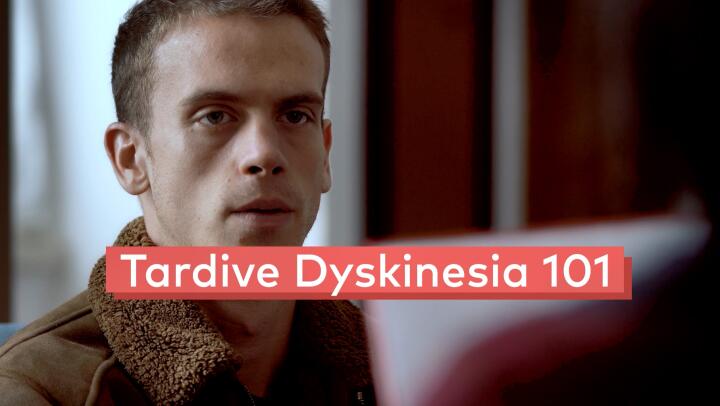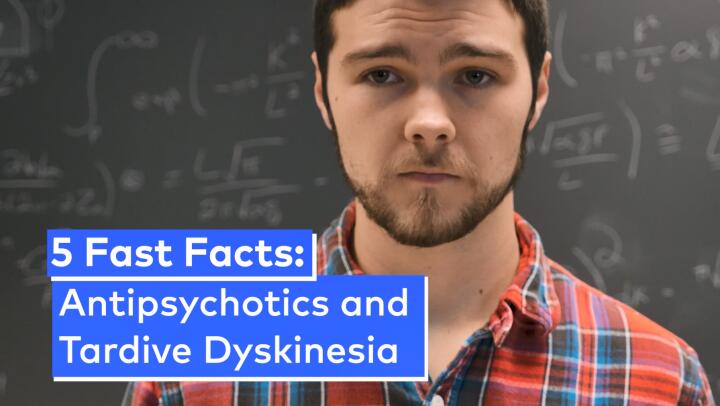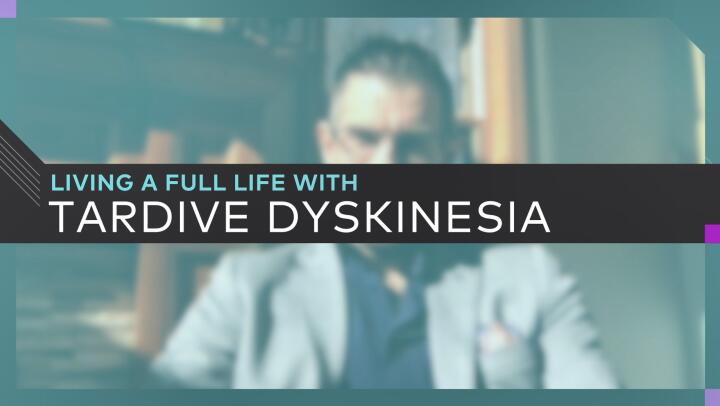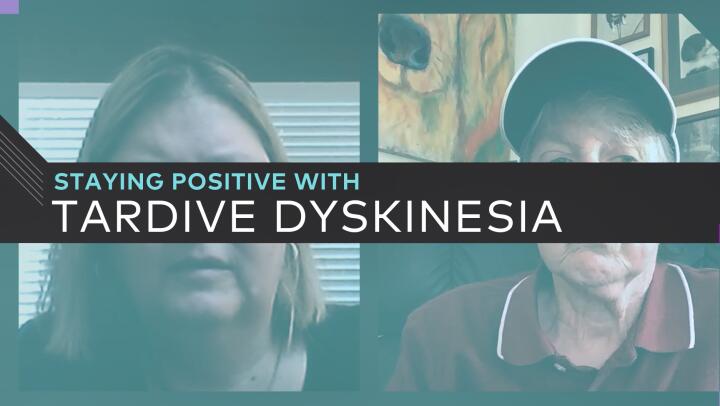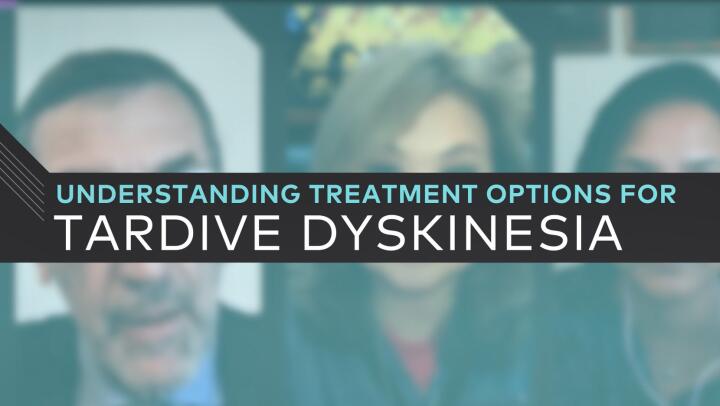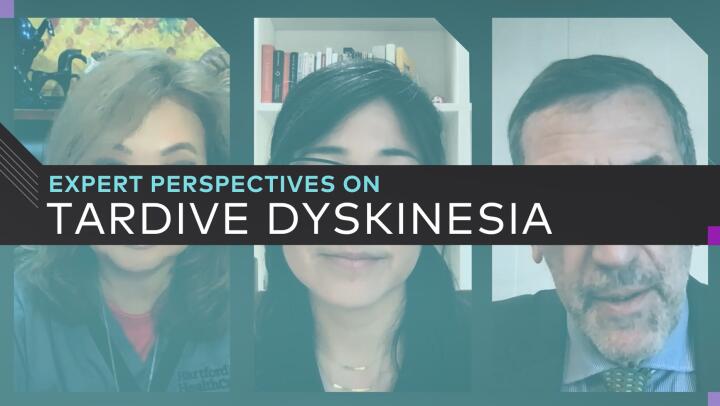The symptoms of prodromal schizophrenia are also attributable to several other conditions. Often, a doctor cannot give a definitive diagnosis until the person has experienced a psychotic episode and is in the active phase of the condition. This is also often due to the fact that prodromal schizophrenia can appear similar to other mental health conditions.
A person in the prodromal phase of schizophrenia has not experienced any of the psychotic episodes associated with the active phase of the condition. However, other symptoms are present that may indicate that
This article discusses what schizophrenia is. It also further defines prodromal schizophrenia and details the risk factors and treatment options.
What is schizophrenia?

Schizophrenia is a mental health condition
Schizophrenia is usually first experienced and diagnosed in a person’s teenage or young adult years, between the ages of 16 and 30 years.
Schizophrenia has three recognized phases:
- The prodromal stage
is when Trusted Source PubMed Central Highly respected database from the National Institutes of Health Go to source symptoms start to develop. Usually, behavioral changes will be the first symptoms. It ends when the first psychotic episode starts. - The active, or acute, stage is when the person begins to show signs of psychosis. For example, they may experience hallucinations, have disorderly thought processes, or begin to incorrectly interpret their reality.
- The residual stage is the last phase of schizophrenia. The person is no longer experiencing psychotic symptoms, but they may still have some negative symptoms, similar to the prodromal stage.
Schizophrenia affects everyone differently, but the symptoms typically fall into three categories:
- Psychotic symptoms: These include hallucinations, delusions, thought disorder, and movement disorder.
- Negative symptoms: These include a loss of motivation, such as a decreased ability to make plans, express emotions, or find pleasure.
- Cognitive symptoms: These include issues with paying attention, concentrating, and remembering.
What is prodromal schizophrenia?
Prodromal schizophrenia is a mental health condition
Those with prodromal schizophrenia will typically experience mild to moderate perceptual, cognitive, motor, and language disturbances. They frequently lose interest in things they once enjoyed, and they may be unable to deal with the stress in their lives as they were once able to.
To learn more about mental health and behavior, visit our hub.
What are the symptoms of prodromal schizophrenia?
Most of the symptoms of prodromal schizophrenia are behavioral. They may mimic those of other mental health conditions, which makes providing a definitive diagnosis difficult in some situations. Some of these symptoms
- unusual behaviors
- social withdrawal
- changes in perception and beliefs that are unusual
- a lack of interest in things the person used to enjoy
- flat affect, or not expressing emotions in the same way as other people
- not caring for their hygiene or appearance
- decreased energy
- magical thinking, which is the belief that one’s thoughts or actions can influence the world around them
Types of prodromal schizophrenia
There are
- Category 1: This consists of people with at least one of the common symptoms of prodromal schizophrenia, such as delusions or magical thinking.
- Category 2: This consists of people who have symptoms of schizophrenia that come and go and typically resolve within a week.
- Category 3: This consists of people who have at least one close family member with schizophrenia and who cannot function as they have in the past. They may also have experienced a mental decline within the past year.
What are the risk factors and causes of prodromal schizophrenia?
Although the cause of schizophrenia
Family history is one of the possible risk factors for developing schizophrenia. If a close family member has it, you are six times more likely to develop schizophrenia yourself.
Complications before birth also have a possible link to schizophrenia. If a pregnant person is malnourished or has exposure to certain viruses or toxins, the child may have a higher chance of developing schizophrenia.
Also, taking mind-altering drugs as a teenager or young adult can increase the risk of developing schizophrenia or cause an earlier onset of the condition. The earlier a person begins using drugs, the higher their risk of developing symptoms of schizophrenia.
Learn more about the possible causes of schizophrenia here.
How do doctors diagnose prodromal schizophrenia?
Because it is nearly impossible to know for sure if these prodromal symptoms are from schizophrenia or another cause, a doctor cannot diagnose the condition until the person begins to exhibit symptoms of the active phase.
Doctors typically diagnose schizophrenia by keeping track of behavioral changes. In order to receive a diagnosis of schizophrenia, you must persistently experience two or more of the following symptoms, and they need to reduce your functionality:
- hallucinations
- delusions
- disorganized speech
- disorganized or catatonic behaviors
- negative symptoms
Your doctor
They will also rule out other conditions that can cause similar symptoms, such as bipolar disorder, brain tumors, and other medical conditions.
How do doctors treat schizophrenia?
Schizophrenia cannot currently be cured. However, there are treatments and therapies available that can help you manage the symptoms.
The important thing in the treatment of schizophrenia is to notice the symptoms and
- antipsychotic medications
- behavioral skills training
- cognitive behavioral therapy
- coordinated specialty care
- family education and support
Summary
Prodromal schizophrenia consists of symptoms that also occur in many other mental health conditions. Because of this, it can be difficult to diagnose in the prodromal stage.
Early diagnosis and treatment are often helpful in the management of schizophrenia.
If you or someone you know has experienced symptoms of prodromal schizophrenia or schizophrenia, contact a doctor or mental health professional.





